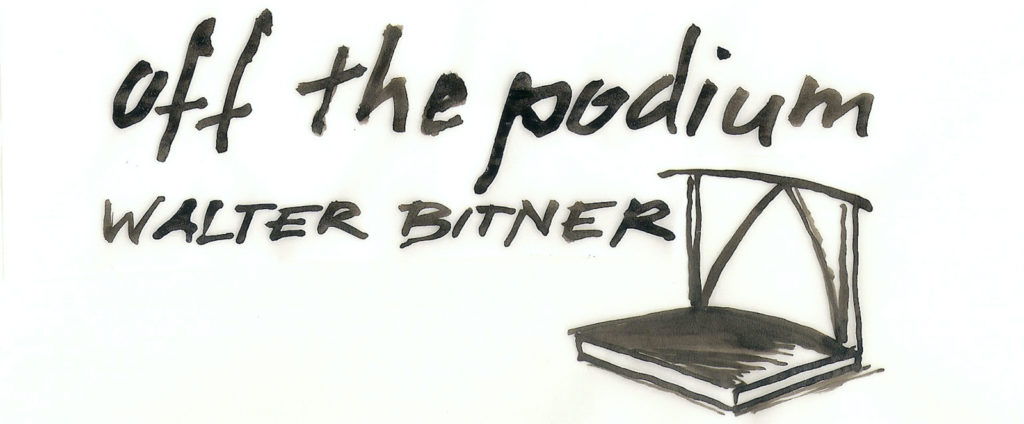
Continued from What Your Students Will Remember, Part 1
Creating Lasting Memories
One of the great boons (and perhaps, banes) of being a music teacher is that we teach a performing art, and the school year follows a rhythm determined by a schedule of seasonal performances. This was true of my teaching experience no matter what grade level I taught or what format I taught music in. Performance is a vital component of our art – albeit it is only a part of the greater process.
This opportunity can be used to great advantage by the wise music teacher – both to create community, and to create lasting memories for your students. Although the long journey of rehearsal and preparation towards a performance constitutes the bulk of the work you and your students do together, it is often the vistas afforded when you reach the peaks of performance that your students will remember.

In my experience, students who were new to my program were the hardest to convince that the difficult journey of preparation was worth the fierce effort this work demands. Once students had been through the entire process from the downbeat of the first rehearsal to the final cadence of the last concert, the great majority of them were willing and eager to bring their full attention to the work in class most of the time, with a knowledge rooted in experience that this effort was worth it. Over years, they would learn to embrace the effort itself for its own sake.
Consider the context and content of your performances carefully. Moments from these events are more likely to become persistent memories for all involved than the routine work of the classroom – it is important that overall, these experiences are positive and heartwarming. In many school environments, your program’s performances will often be expected annual events (e.g. the annual December holiday concert, the spring musical, etc.) For instance, in several schools I taught at, every December my program presented a Winter Solstice celebration, and I never taught at a school where I did not produce a spring concert of one kind or another.
Adding elements to your program and performances that become traditions for you and your students are a way to strengthen memories too. One song that I taught students of all ages in every choral program I directed was the beautiful old canon How Great Is The Pleasure, and although we did not often sing it in performances, it was usually part of our warmup before we went on stage, and we sang it frequently throughout the year. The final activity I did for most of my career with nearly every performing ensemble before we went on stage was The Count, a powerful and effective concentration exercise – and a ritual element that helped bind our tiny musical community together.
During my tenure with Music City Youth Orchestra from 2007 – 2012, we closed nearly every concert with a performance of Electric Light Orchestra’s Mr. Blue Sky. I feel certain that, for most of the (now young adult) former students who participated in those ensembles, whenever they hear Mr. Blue Sky on the radio or in the soundtrack of a movie today, they remember those experiences we shared – as I do.
Most music teachers employ similar strategies when designing their own programs, whether consciously or unconsciously. When done with intention, these carefully chosen activities become a structure in which the shared experience of community lives within the hearts and minds of your students. The long months and years of working together patiently toward a distant goal, and at last producing and witnessing the successful fulfillment of that goal, can become a model for them of the power and possibility of positive community in their lives. They will carry these impressions into adulthood, and perhaps some of them will go on to change the world around them in a similar fashion.
It is right that the majority of our time in the classroom is spent attending to the details of transmitting our art to the next generation – this is our work. But be careful not to miss the forest for the trees. Bear in mind that for the most part, what your students will take away are their memories. And they will remember if you loved them.
©2017 Walter Bitner
Walter Bitner is a multi-instrumentalist, singer, conductor, and teacher, and serves as Director of Education & Community Engagement for the Richmond Symphony in Richmond, Virginia. His column Off The Podium is featured in Choral Director magazine, and he writes about music and education on his website Off The Podium at walterbitner.com.


Leave a Reply
You must be logged in to post a comment.